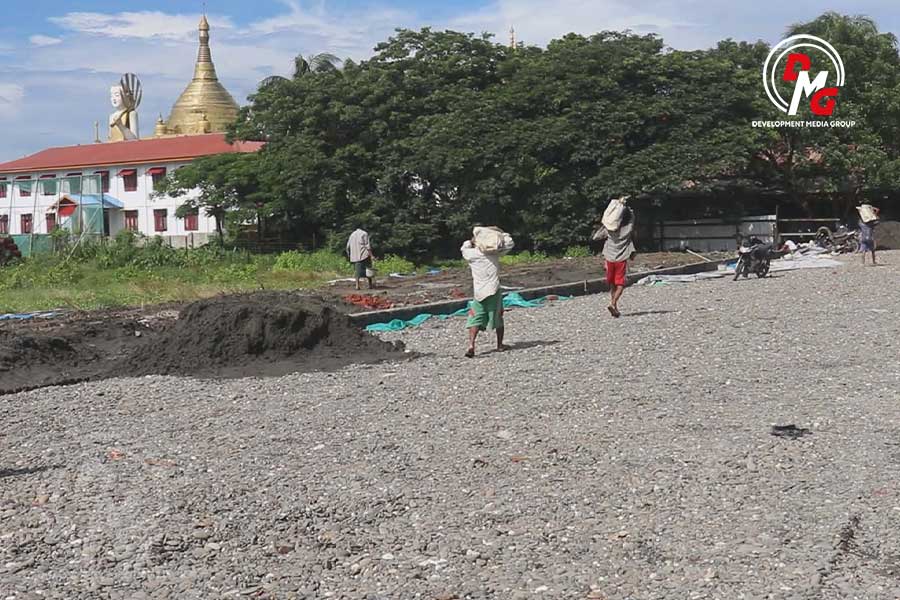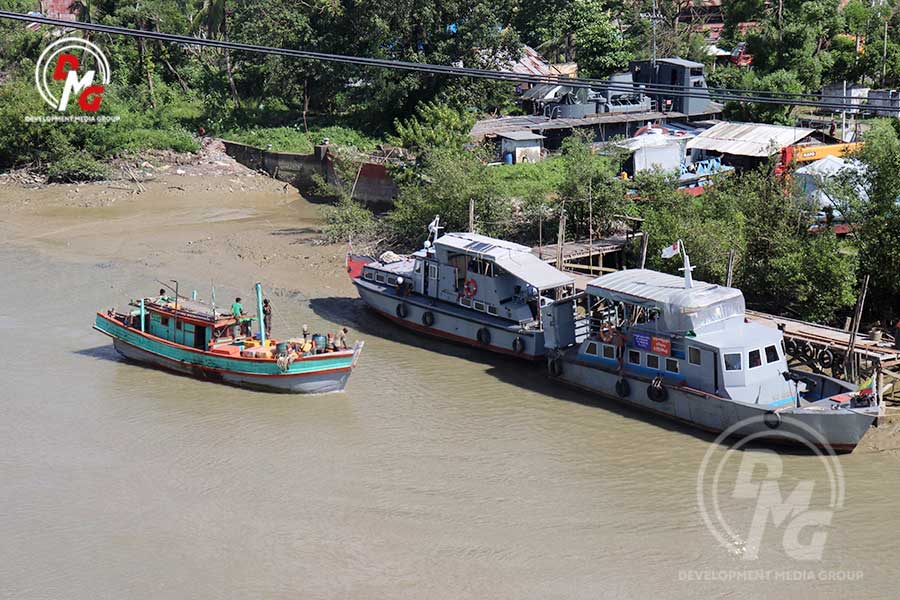- Junta launches major offensive to retake strategic Mawchi mining town
- Extreme poverty drives Sittwe residents to dismantle abandoned houses for income
- Weekly Highlights from Arakan (Feb 23 to March 1, 2026)
- Over 300 political prisoners freed from 10 prisons nationwide
- DMG Editorial: Between War and Opportunity - A New Border Reality for Bangladesh and Arakan
Consumption of plastics doubles in Myanmar amid pandemic: environmental group
According to Thant Myanmar, the consumption of plastic has doubled during the Covid-19 pandemic in Myanmar.
08 Jan 2022

DMG Newsroom
8 January 2022, Sittwe
According to Thant Myanmar, the consumption of plastic has doubled during the Covid-19 pandemic in Myanmar.
Ma The Su Aye, manager of Thant Myanmar’s Rural Waste Management, told DMG that the increase was due to the increasing use of plastics, which are currently being used during the Covid-19 pandemic, as well as the ease of transport and packaging.
“People were aware of the dangers of plastic before the Covid-19 pandemic, but when it comes to Covid-19, which has seen fatalities, people are more concerned about the plastic than the pandemic. For example, in quarantine centres, patients are fed with foam bottles,” she added.
During the Covid-19 pandemic, the use of plastic bags and plastic bottles has doubled as people have only been allowed to eat at restaurants take-out, using plastic bags, she said.
“At present, a person can consume about 5,000 pieces of plastic in five seconds, according to surveys. People need to be aware of the dangers of plastic as well as the fear of coronavirus,” she added.
The use of plastic is on the rise in Arakan State during the Covid-19 pandemic, said Daw Saw Mra Thandar, founder of Green Network - Sittwe.
“Foam bottles and garbage is being collected along Strand Road due to the increasing amount of plastic waste in Arakan State during the pandemic. And now more and more people are using disposable items,” she said.
Daw Saw Mra Thandar went on to say that individuals need to be cautious about reducing the use of plastic and that this can only be achieved through collective action.
At present, more than 600,000 tonnes of plastic are imported into Myanmar each year, most of which are disposable food packaging and disposable plastic bags, according to Thant Myanmar.
Although the effects of plastic are not usually felt immediately, experts point out that in the long run, exposure can lead to chronic diseases such as cancer, diabetes, high blood pressure and kidney disease.

















